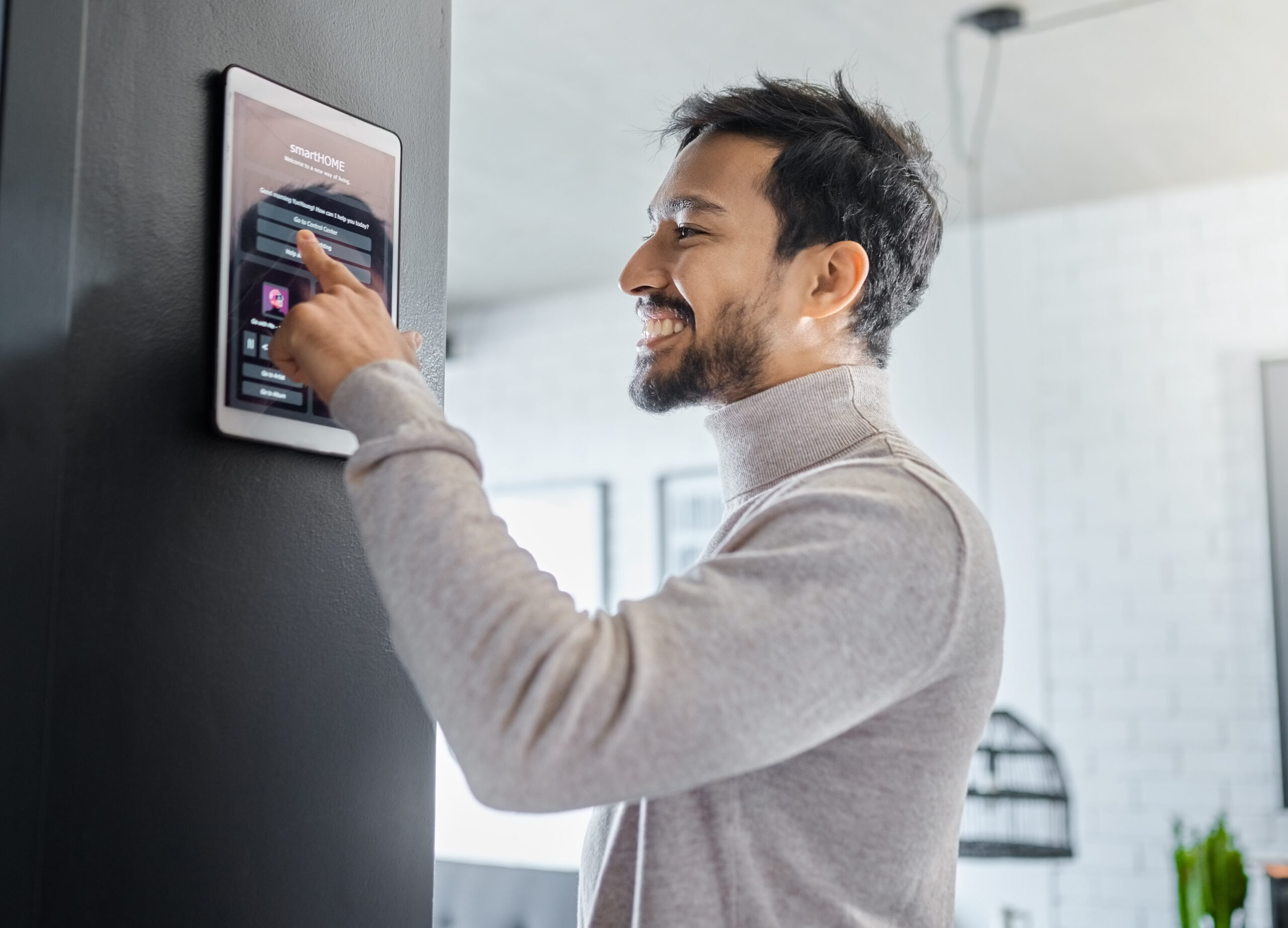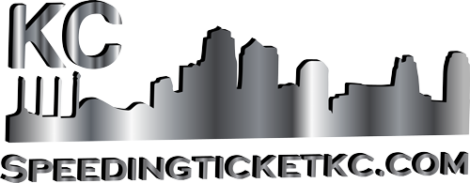If you’ve been renting for a while, the decision to quit renting and buy a…
A Guide to Smart Home Technology for Rental Property Management – Guest Post

Although smart technology was advancing, the COVID-19 pandemic changed everything, especially how we live. Property management had access to certain technologies before the pandemic, but with the arrival of COVID-19 smart technology garnered more attention. As a result, new smart tools have been developed that increase efficiency and convenience. Certain technologies are no longer a COVID-19 response but have permanently changed the rental property management sector.
From appliances and thermostats to motion detection sensors and security cameras that can be managed remotely, smart technology can improve a rental property increasing its appeal in the marketplace.
What Is Smart Tech?
Smart tech refers to home automation allowing just about every activity in a home to be managed using the IoT – Internet of Things. Landlords and residents will be able to manage everything connected remotely using smartphones, mobile devices, or a computer.
Smart Home Tech
Smart home tech has changed the rental management industry not only for property managers but for residents. Many gadgets that were once considered a luxury are increasing in popularity such as smart lighting, TVs, speakers, and doorbells. The installation of smart home tech in rental units adds to their appeal.
Tenants can establish routines by automating tasks that might include receiving an alert when the oven is fully preheated, or a wash cycle is finished as well as turning lights on and off when they enter or leave the unit thanks to motion sensors. Thermostats can be programmed to lower environmental temperatures or shut off when tenants are away from home, thus lowering utility expenses.
Benefits for Property Managers
These technologies not only increase property value but have streamlined work for property managers through improved security and better maintenance. Modern physical access control now eliminates the need for keys. Properties can be accessed using digital credentials or biometrics that can be authorized, prolonged, or revoked as necessary.
Smart sensors facilitate maintenance by alerting property managers to leaky pipes, broken windows, or jammed doors. Washing machines and dishwashers can alert managers to malfunction. Property managers can resolve maintenance issues without involving tenants who will not need to forward a maintenance request. This type of technology is particularly useful for common areas that may not be used frequently or monitored daily.
Smart thermostats can aid property managers in optimizing energy consumption. Air conditioning and heating account for a significant amount of a property’s use of energy. Managers can now implement energy-efficient schedules in common areas as well as in vacant units to reduce expenses.
Alarm systems can notify property managers, residents, local law enforcement, or a fire department if smoke or carbon monoxide trigger sensors. Flood sensors can quickly alert that a pipe has broken or a washing machine so that intervention is immediate reducing the risk of damage. Security video monitoring can record break-ins and infractions, with feed that can later be provided to the police.
Dealing with Budget Limitations
The installation of smart home technology comes at a cost, but it is a smart investment by property managers. Initial expenses may appear to be high, but energy savings alone can offset some of this expense. Smart technology that increases security may also bring insurance savings. Smart home tech will increase property value and attract higher rents.
Technology installation may be included when you purchase a system or come with a price tag. Small tech installations may be easily done personally or by a maintenance worker, while larger systems or entire home automation will most likely require professional assistance. Factor in any installation costs in your budget, as well as any monthly subscriptions you may need for some tech systems especially if cloud-based.
Some property managers may be operating on limited budgets, but this shouldn’t be a deterrent to embracing smart home technology. Even small modifications can increase convenience for both residents and management. The installation of smart doorbells or a smart TV can increase a rental unit’s appeal thus aiding in keeping a residential building filled instead of having empty units for months on end. These small differences can also justify a higher rental fee. Smart doorbells are not only more convenient but increase security for everyone.
Potential Smart Home Technology Security Risks
Privacy and safety are the two principal considerations when considering property security. Privacy is a major concern as smart home technology collects personal data about the people using it from location and activities to preferences. Although it provides lots of conveniences, it also can cause a lot of damage if it falls into the hands of cybercriminals. Technology providers and devices need to be vetted and collected data securely stored.
While smart technology generally improves security substantially, if it is hacked as in the case of a smart lock, bad actors can achieve entrance. Tenants should be fully educated about any technology installed, and how to use it, and should be provided with tech support 24/7 in the event of a problem or emergency. With proper precautions, privacy and security risks can be mitigated, making smart home technology a worthwhile investment.

